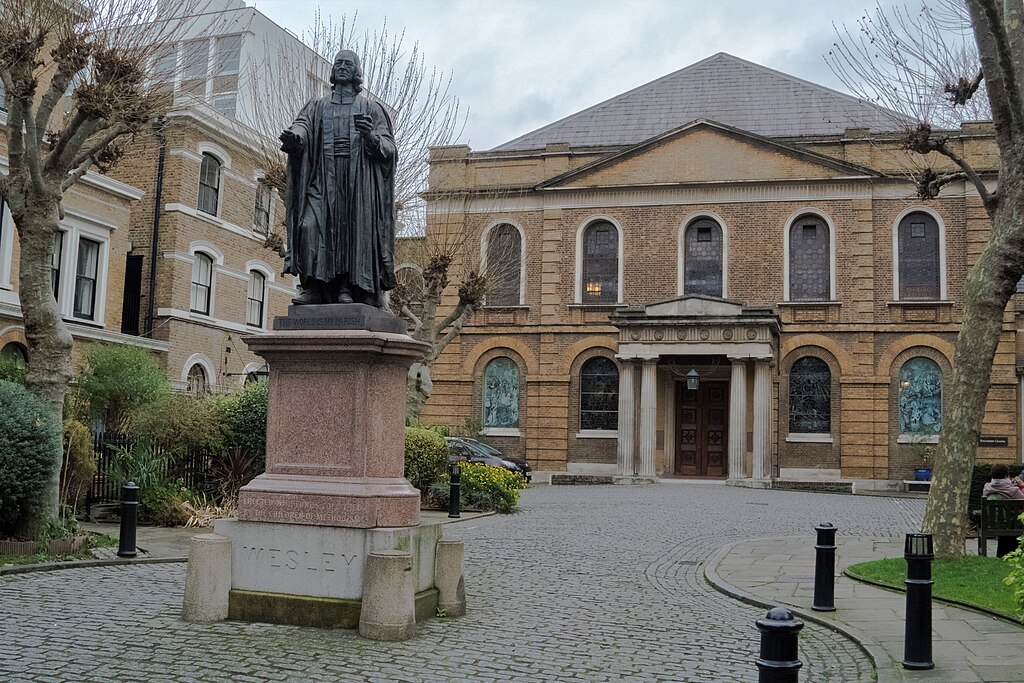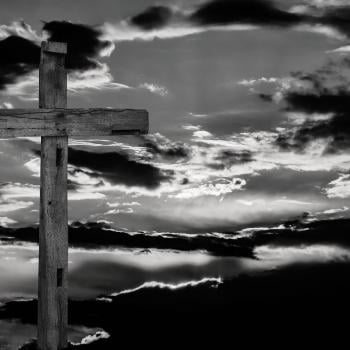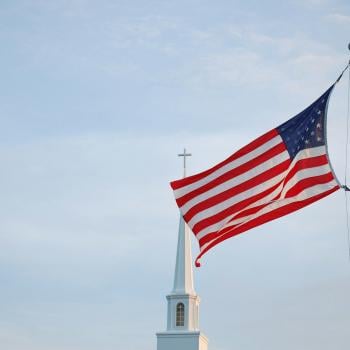“Do not call to mind the former things; pay no attention to the things of old. Behold, I am about to do something new; even now it is coming. Do you not see it?” (Isaiah 43:18-19 BSB)
Someone shares this scripture during most New Year’s Eve services or perhaps this first Sunday following the big crystal ball dropping into 2025. With the calendar changing years, the “old has passed away.” And, fortunately, or not, “the new has come.” We often hear the term “resolutions” with every gulp of blackeyed peas, but do they mean anything to Christians? Really?
New Year’s resolutions are firm decisions we plant in our minds as the tentpoles of success for the following months. Then comes February, when most of those commitments vanish, like the back rows in church during closing remarks. Did you know resolutions have been made for over 4,000 years? Ancient Babylonians had a religious New Year’s Day festival called “Akitu.” It was a 12-day celebration of sowing barley and hoping for a rich harvest. The Sumerian people would promise to pay debts, share with others, and remain dedicated to their word.
Their gods would bestow favors if they kept their promises (apparently, it was an honor system). Although some were sacrificed to their highest God, Marduk, this event is considered the first of “resolutions” to begin a new year. Fast-forward to Caesarian Rome. Did you know the month of New Year’s is named after a two-faced god named Janus?
He would look back on the year that was, take a record of your efforts, and set you up for blessings for the year to come. Sounds like a foolproof system. With all the pagan ritualism associated with New Year’s Eve, why do Christians make New Year’s resolutions–and believe in them?
Before we delve into that question, do you want to stay in touch with faith-based issues “close to home?” Subscribe to our free newsletter and never miss what’s being said about the Church or what Christians can say back.
John Wesley: New Year’s Resolutions Guy?

In the middle of the 18th century, an Anglican minister and evangelist traveled across England, claiming many bold opinions in barns, tents, and public squares. Things like:
- The American Revolution was misleading because how can colonists “proclaim freedom and practice slavery?”
- Orthodoxy was fake because anyone could possess standards of religion and still be lost in the eyes of God.
- Religion should never be kept inside the church, for only outside of it can change people’s lives.
Those three strong opinions slapped the British in the face because that kind of unabashed thought was thought to be outside decorum, which is why many British evangelists of note (i.e., George Whitfield, Gilbert Tennent, Jonathan Edwards) came to the States in the first place. Wesley was banned from Anglican churches for “unorthodox methods” and became the father of what would later be called “tent revivals.” He would start a “holy club” with his brother Charles at Oxford, eventually becoming the United Methodist Church.
Overseeing this separate church was a mighty undertaking. Because Wesley mandated remaining unorthodox and evangelistic, he created a “Covenant Renewal” service for all members. In 1755, he coined the term “Watch Night” for a service. The prayers were thought to cause the service to go overtime or last “into the night” or “overnight.” Naturally, this became an annual event.
Yes, the New Year’s celebration service at midnight in churches of all denominations today, where resolutions are considered the norm for Christians, happened because of John Wesley.
So, are they safe to be considered “Christian” now? Eh, it depends on your interpretation of righteousness.
The Righteousness of Resolutions

If you strive for “right standing by God,” a spiritual focus should be about complete reliance on His Word and will. New Year’s resolutions don’t quite work like that for most people. They give us a checklist for needs and want to provide a parameter for managing life more effectively- our way.
Chronologically speaking, the only difference between December 31 and January 1 is a number. It’s a day like any other. Both are 24 hours long, and each consists of day and night. Yet, the mythical idea that we can Etch-a-Sketch life between those two days is remarkable for anyone, specifically a Christian. We know doing anything in our power is pointless, but we keep trying.
Then, when New Year’s resolutions come around, we tend to think that our work will take shape now. We’re no better than the Apostle Paul, who said, “I have the desire to do what is good, but I cannot carry it out” (Romans 7:18). Stopping smoking, eating junk, cursing, or any other vice is a good desire, but come February, what are you doing? Once you shatter your glass ceiling, you convince yourself, “Welp, there is always next year.”
If any child of God wants to make a resolution, create one. If you wish to do so, that too, but understand the pressure placed on our shoulders that is there because we allow it. God doesn’t. Whatever resolution you make to fix your troubles, God knows what’s coming. Take Samuel.
But the Lord said to Samuel, “Do not look on his appearance or on the height of his stature, because I have rejected him. For the Lord sees not as man sees: man looks on the outward appearance, but the Lord looks on the heart.” (1 Samuel 16:7 ESV)
And if you enjoy talking to the “New Year Baby,” remember there’s something different about all New Year’s resolutions: They may be God’s ideas for your life.
A man’s mind plans his way [as he journeys through life], but the LORD directs his steps and establishes them. (Proverbs 16:9 AMP)
Should the child of God rely on resolutions? If you want. Better yet, should the child of God rest until they reach a destination? Absolutely.
For example, what if your resolution is losing weight? God has a destination where you can arrive with solid wisdom to help you achieve that goal. “For physical exercise is of limited value, but godliness is valuable in every way, holding promise for the present life and for the one to come.” (1 Timothy 4:8 BSB)
Jesus isn’t saying we shouldn’t work out or strive to live healthier, but do it righteously. “‘All things are lawful for me,’ but not all things are helpful. ‘All things are lawful for me,’ but I will not be dominated by anything.'” (1 Corinthians 6:12 ESV)
Make every day a destination for your spiritual life, and resolutions aren’t as necessary. God wants us to arrive and reach a finish line.














